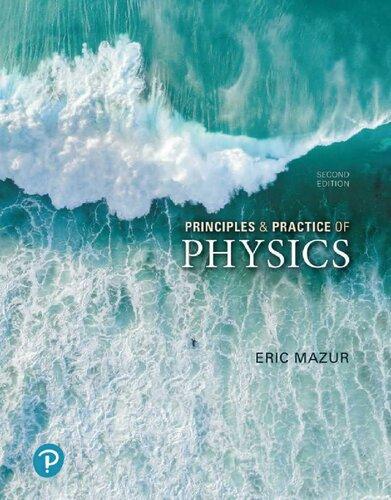Scientists still are not entirely sure whether the universe is open (which means it will keep expanding
Question:
Scientists still are not entirely sure whether the universe is open (which means it will keep expanding forever) or closed (which means it will eventually fall back in on itself in a "Big Crunch"). What determines whether it is open or closed is basically the same thing we calculate to determine escape speeds. Assume that the universe has a uniform density \(ho\). Then the mass contained in some spherical volume of space of radius \(R\) is \(\frac{4}{3} \pi R^{3} ho\). Model a galaxy located at the edge of this spherical volume as a particle and consider its energy. According to Hubble's law, the speed of this galaxy is \(H R\), where \(H=2.2 \times 10^{-18} \mathrm{~s}^{-1}\) is called the Hubble constant.
(a) What is the maximum density of the universe such that it does not close?
\((b)\) The current estimate of the density of the universe is \(10^{-26} \mathrm{~kg} / \mathrm{m}^{3}\), including about \(25 \%\) dark matter, which is matter we cannot observe directly, and \(70 \%\) dark energy, another constituent that is not directly observable. Both dark matter and dark energy contribute to gravity, though, and so are included in the density estimate. Compare this value with your result and discuss what difference it would make if there were no dark matter in the universe.
Step by Step Answer:






